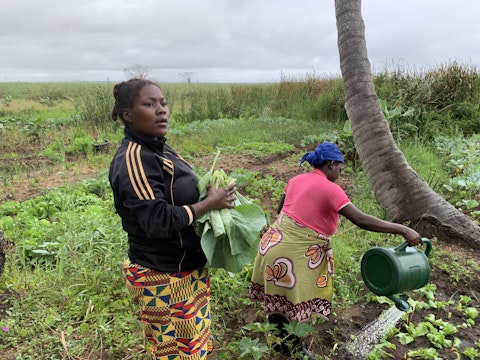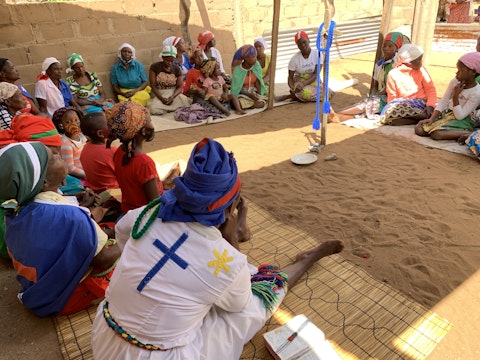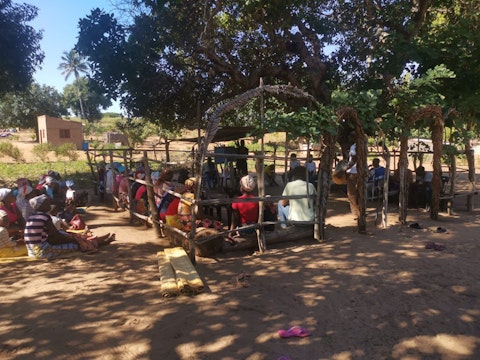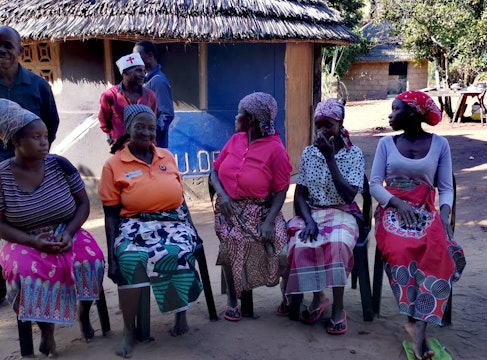Agricultural Practices in the Chope Community
Agriculture is the main subsistence activity of most Mozambican rural communities
Agriculture is the main subsistence activity of most Mozambican rural communities
In this text, we deal with the agricultural practices of the community of Canda, in the province of Inhambane, southern region of Mozambique. We seek, through the testimonies of the peasants of this community, to trace a sound profile of their activity, considering a set of elements such as the instruments used and the dynamics involved in their day-to-day life in the countryside.
Canda's community profile The district of Canda is located in the south of the province of Inhambane, closer to the Indian Ocean. The area under study is a small town that, according to our interviewees, Mrs. Constância Júlio Bauque, is called Mbokote. She informed us that the name Mbokote has a long history, which is intertwined with the age of her ancestors, who gave the community its name. However, she was unable to tell us the origin of her community's name. We hypothesize two reasons that can explain this lack of knowledge. (i) because it is a very old story, which has been lost by the wear and tear of time, (ii) because she is, eventually, very contemporary to the history of the community. In any case, it is common for the names of villages and communities in certain parts of Mozambique to be given the names of the dominant families, which explains why, in the local language, the community is called Mbokoteni, which means “in the house of the Mbokote family”.
Click on here to read the full article by Eduardo Lichuge, Ethnomusicologist, School of Communication and Arts-Eduardo Mondlane University, Maputo.




.jpg?fm=jpg&q=75&fit=max&w=640&h=360)

